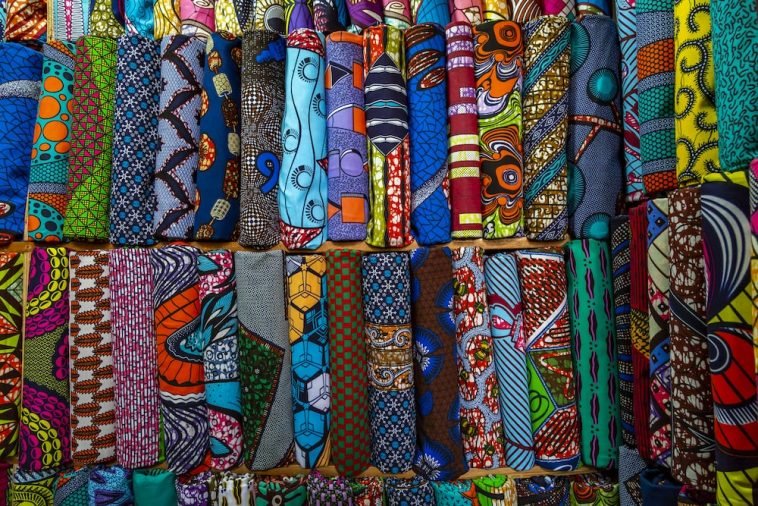Introduction.
Africa, with more than 54 independent nations is the largest trading bloc in the world. In March 2018, African countries signed a landmark trade agreement, the African Continental Free Trade Area Agreement (AfCFTA), which commits countries to remove tariffs on 90 per cent of goods, and progressively liberalize trade in services.
This has been on hold for quite the longest time, but If successfully implemented, the agreement will create a single African market of over a billion consumers with a total GDP of over $3 trillion.
This will make Africa the largest free trade area in the world, coupled with its currency, I think it’s going to be one of the wealthiest continents in the world.
With that being said, It’s all easier said than done, Africa needs to start trading with itself as a bloc or forget about becoming an economic power.
One of which can make this a reality is for Africa to trade with itself and trade is only possible with money.
This is why you need to learn how to send money from within Nigeria to other African countries. This article has been written to guide you on how to do so without hassles.
Why Should You Send Money To Other African Countries?
The African Continental Free trade agreement aims to boost intra-African trade by providing a comprehensive and mutually beneficial trade agreement among the member states, covering trade in goods and services, investment, intellectual property rights and competition policy.
Here are some of the reasons why you should send money to other African countries.
1. Boost Trade with other African countries.
One fact about the AfCFTA is that its scope exceeds that of a traditional free trade area. It also spans freedom and visa-less movement in the continent.
The share of intra-African exports as a percentage of total African exports has increased from about 10 per cent in 1995 to around 17 per cent in 2017, but it remains low compared to levels in Europe, Asia, and North America.
This is an important reason to expect that trade will be a key driver of growth in Africa.
2. Boost the GDP of Africa.
The African economy, comprising 54 economies, 2021 is projected to be around US$2.7 trillion in terms of Gross Domestic Product.
Africa accounts for 2.84% of the world’s GDP in nominal terms. Africa is the 2nd smallest continental economy in the world after Oceania.
In PPP methods, It is 3rd smallest continental economy after Oceania and South America, accounting and 4.97% of global wealth.
These figures can only improve if we can transact goods and services within the continent of Africa. To be able to achieve this money has to be moved from one place to the other.
3. Expand your business.
Maybe you intend to do business beyond Nigeria, maybe expand into other African countries.
There will be no way to achieve this than to understand how to move money from your host country to other parts of Africa.
You can decide to own businesses in other parts of Africa without losing your structure to external influence.
How To Send Money From Nigeria To Other African Countries.
Have you been trying to do business with someone else across Africa, maybe send money from your host country to another African nation? This article has been written to help you solve those problems with ease.
1. Nigerian Banks.
Banking in Nigeria remains an attractive sector, with over $9 billion in value pools. Nigeria remains one of the largest financial markets in Africa with its commercial banks expanding across the continent.
Most Nigerian banks have a presence across the African continent in countries like Ghana, Kenya and many others making it easy to do business with these countries when subscribed to these banks.
If your banking provider has a foot in these countries, It will be easier to send money from Nigeria to these countries easily.
2. Fintech apps.
Financial technology, also known as FinTech, is an industry made up of different companies that utilize central bank-backed API to increase financial services.
FinTech companies are businesses that provide financial services to the public using the software.
These companies, unlike the traditional banking system, are not hindered by factors like owning a physical location or hiring staff across the board.
Even if they did hire staff, it would be software engineers, or better still a whole tech team to manage their technological infrastructure.
Most Fintech companies in Nigeria have expanded their reach to other African markets making it easy to move money from Nigeria to other African countries.
All you need do as an end user is to identify these fintech apps, download their apps via Google play for IOS, sign up with them, fund your wallet and start making transactions.
3. Cryptocurrencies.
Cryptocurrency is a decentralized, digital currency that runs on a technology called the Blockchain.
Different cryptocurrencies have different purposes (referred to as utility). Crypto utility can range from gaming to supply chain management to payment processing.
Some crypto runs on their blockchains (like Bitcoin or Ethereum). These cryptocurrencies are called coins. Some crypto doesn’t have their blockchain and instead run on different blockchains. These are called tokens.
Cryptocurrencies tend to be less regulated, or sometimes even unregulated when compared to traditional investments.
One fact about sending money with Nigerian banks and Fintech is that you pay so much in charges on every transaction you make. This is where cryptocurrencies come in handy.
All you need is a cryptocurrency wallet and some stablecoins, to begin with. I wrote a comprehensive guide on this blog on how you can get started with cryptocurrencies as a beginner. Check out the link to the article to learn more.





GIPHY App Key not set. Please check settings